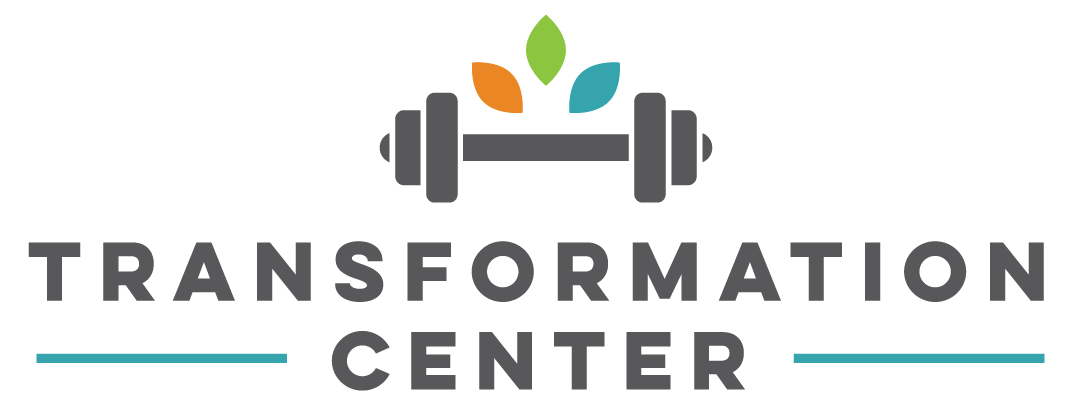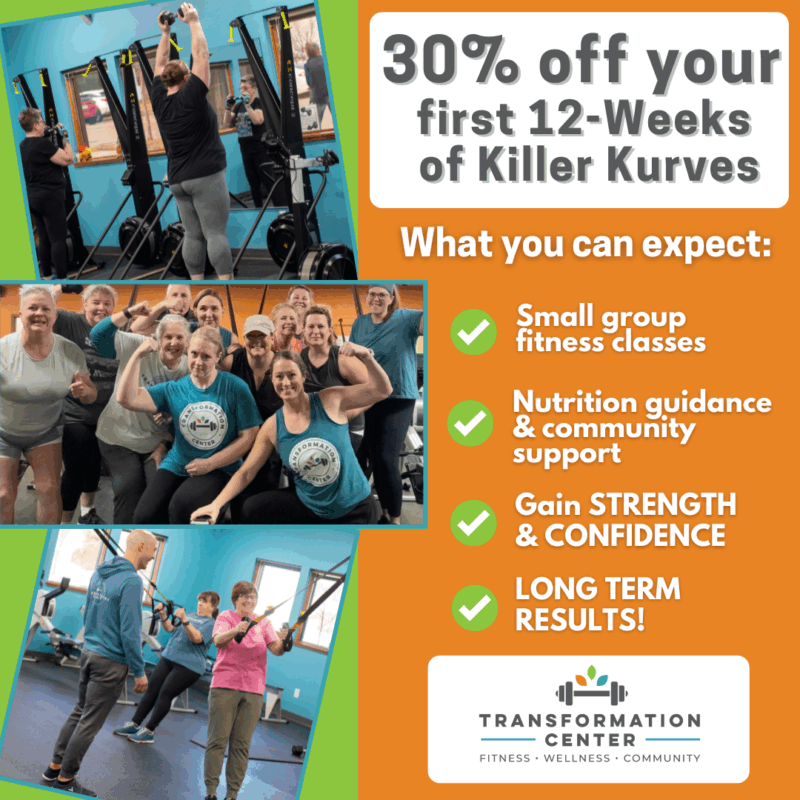
You’ve had a long, stressful day, and before you know it, you’re elbow-deep in a bag of chips or finishing off that pint of ice cream.
Sound familiar?
If you’ve ever turned to food for comfort, you’re 100% not alone.
Emotional eating is a common challenge, but the good news? You can break free and regain control over your relationship with food.
Let’s dive into the emotional eating cycle, why it happens, and the science-backed strategies that can help you stop it in its tracks.
What is Emotional Eating?
Emotional eating is when we use food to soothe feelings rather than to satisfy hunger. Stress, boredom, sadness, anxiety—even happiness—can all trigger this behavior. While it might feel good in the moment, it often leaves us feeling guilty or out of control afterward.
Why does this happen?
It’s tied to our brain’s reward system. Stress or strong emotions activate the release of cortisol, which can increase cravings for high-calorie comfort foods. Eating these foods triggers a release of dopamine (the “feel-good” hormone), creating a temporary sense of relief. But the cycle often repeats, leading to habits that are hard to break…and often become subconscious.
Signs You Might Be Caught in the Cycle
- Eating when you’re not physically hungry.
- Craving specific comfort foods (e.g., sweets, salty snacks).
- Feeling guilt or shame after eating.
- Eating as a way to cope with stress, boredom, or difficult emotions.
5 Science-Backed Ways to Break Free
1. Pause and Identify the Trigger
Emotional eating often happens on autopilot. Next time you feel the urge to snack, pause and ask yourself: Am I physically hungry, or am I trying to avoid a feeling?
- Action Step: Create a “pause moment” by drinking a glass of water, stepping outside, or journaling for 2 minutes before eating.
2. Build an Emotional Toolkit
Food isn’t the only way to cope with emotions. Identifying alternative strategies can help you break the cycle.
- Action Step: Replace the habit with non-food comforts like calling a friend, taking a walk, or practicing deep breathing. Even 5 minutes of meditation can lower cortisol levels.
3. Keep the Trigger Foods Out of Reach
Research shows we’re far less likely to eat something if it’s not immediately accessible. Set yourself up for success by managing your environment.
- Action Step: Stock your kitchen with healthier options and keep indulgent foods out of sight—or don’t buy them at all.
4. Don’t Skip Meals
Skipping meals can increase hunger and intensify emotional cravings. Eating balanced meals with protein, fiber, and healthy fats keeps blood sugar steady, which reduces stress-induced cravings.
- Action Step: Plan your meals and snacks ahead of time to avoid getting too hungry or making impulsive choices.
5. Practice Self-Compassion
Emotional eating isn’t a moral failing—it’s a learned behavior, and breaking it takes time. Be kind to yourself through the process.
- Action Step: If you slip up, don’t beat yourself up. Instead, reflect on what triggered the behavior and use it as a learning moment for next time.
Breaking Free: Small Steps Add Up
Emotional eating isn’t just about food—it’s about how we process and cope with life’s ups and downs. The good news? You can take back control by recognizing the cycle, building healthier coping strategies, and giving yourself grace along the way. It’s not about being perfect; it’s about making small, consistent changes that empower you to feel stronger, healthier, and more in charge of your choices.
At the end of the day, emotional eating doesn’t define you—your ability to take the steps toward breaking the cycle does. Remember, progress is a journey, not a destination. One mindful decision at a time can lead to lasting, positive change.
At the Transformation Center, we understand that emotional eating can feel overwhelming. That’s why, in Killer Kurves, we help our members navigate not just the physical aspects of weight loss but also the emotional and mental barriers that often stand in the way. Through coaching, support, and proven strategies, we help you build a healthier, more balanced relationship with food—and yourself.
Enrollment opens TOMORROW! This is your chance to join us for 12 weeks to kickstart your weight loss, health, and mindset journey—because we know all too well, it’s about more than just food and movement. Get on our email list today so you’re the first to know when doors open. Let’s make 2025 the year you take back control, build confidence, and achieve the results you deserve!


Recent Comments